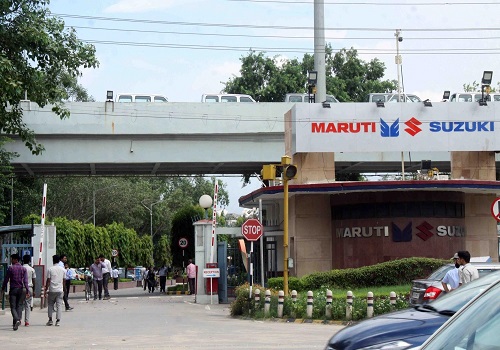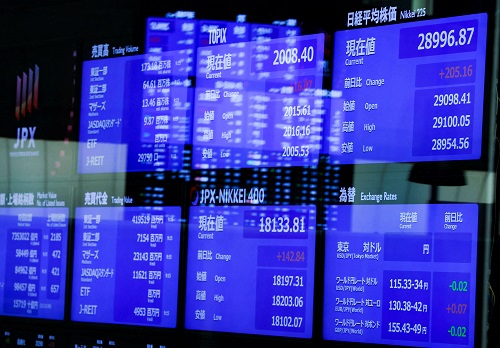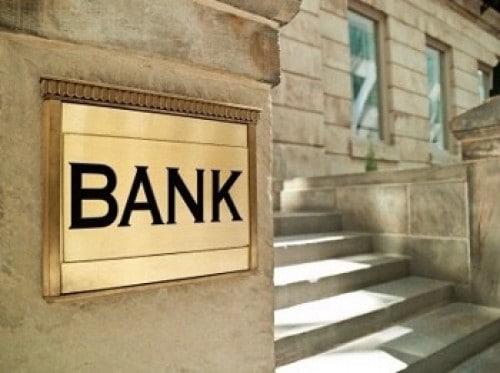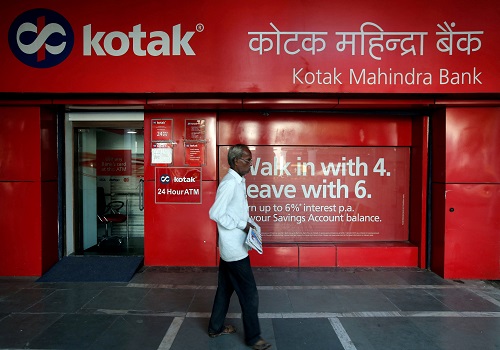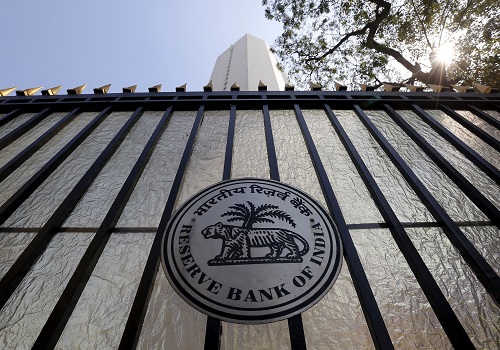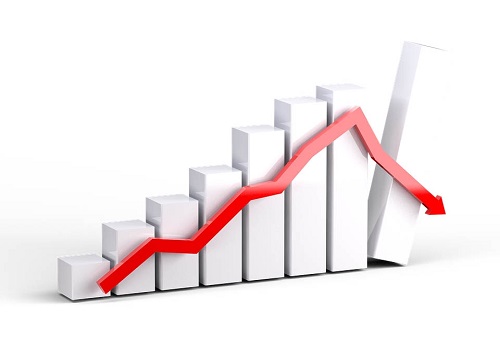Short-term debt instruments yield rises as surplus liquidity narrows

Follow us Now on Telegram ! Get daily 10 - 12 important updates on Business, Finance and Investment. Join our Telegram Channel
The yield on short-term debt instruments such as commercial papers, certificates of deposit and treasury bills rose sharply in the last few weeks due to an uptick in credit off-take and sharp narrowing of surplus liquidity from the banking system.
According to data compiled from the market sources, yield on treasury bills maturing in 91 days rose 40 basis points in two weeks, whereas on a 182-day and 364-day period it inched up 25-30 basis points.
Similarly, the yield on commercial papers and certificates of deposit also rose more than 50 basis points. One basis point equals one hundredth of a percentage point.
"Credit off-take, systematic withdrawal of surplus liquidity from the system by RBI, large borrowing from GOI, continuous repo hikes are the key factors for the short-term rates to increase sharply in the last few weeks," said Venkatakrishnan Srinivasan, founder and managing partner at Rockfort Fincorp, a Mumbai-based debt advisory firm.
Liquidity in the banking system has narrowed sharply to Rs 49,876.91 crore, from Rs 1.24 lakh crore in the last week. This was because of outflows on account of goods and service tax payments and limited net government spending. But, liquidity is expected to improve in the latter part of the week.
"We expect the system liquidity surplus to improve towards the latter part of the week amidst CIC payback and month-end government spending," said Upasna Bhardwaj, Chief Economist, Kotak Mahindra Bank.
Market participants said a future rate hike of 35-50 basis points by the Reserve Bank of India (RBI) is already priced in the current short-term debt instruments rate.
With the expectation of systematic liquidity withdrawal to continue, short-term rates will increase slowly and steadily based on RBI MPC policy statement on further rate hikes, inflationary risks, depreciating rupee, additional borrowing by government, among others.
The market analysts expect that the RBI will continue to increase policy rates continuously at least up to 5.75 per cent or 6.00 per cent till this fiscal year end. "Besides managing growth, the primary concern is to control inflation, Srinivasan added. The RBI has so far hiked rates by a total of 90 basis points in May and June to combat rising pressure on the economy.
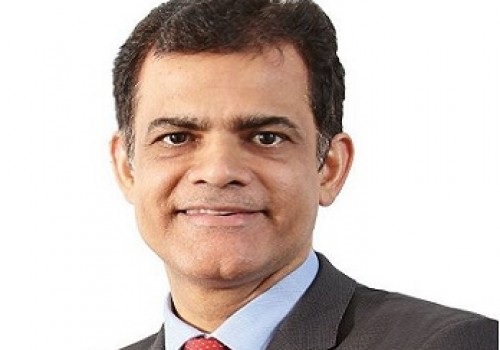


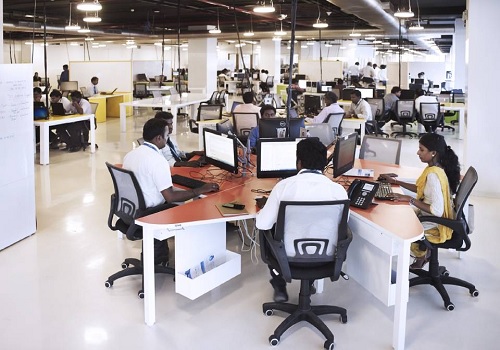



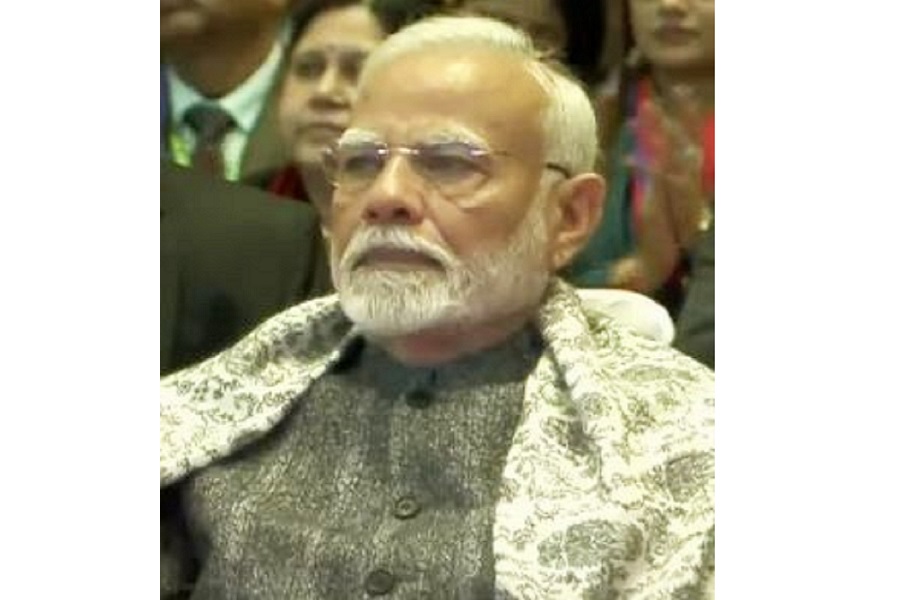




 320-x-100_uti_gold.jpg" alt="Advertisement">
320-x-100_uti_gold.jpg" alt="Advertisement">



